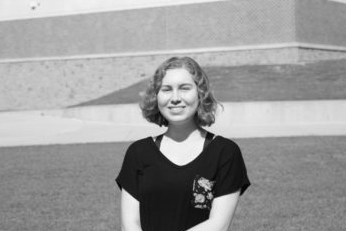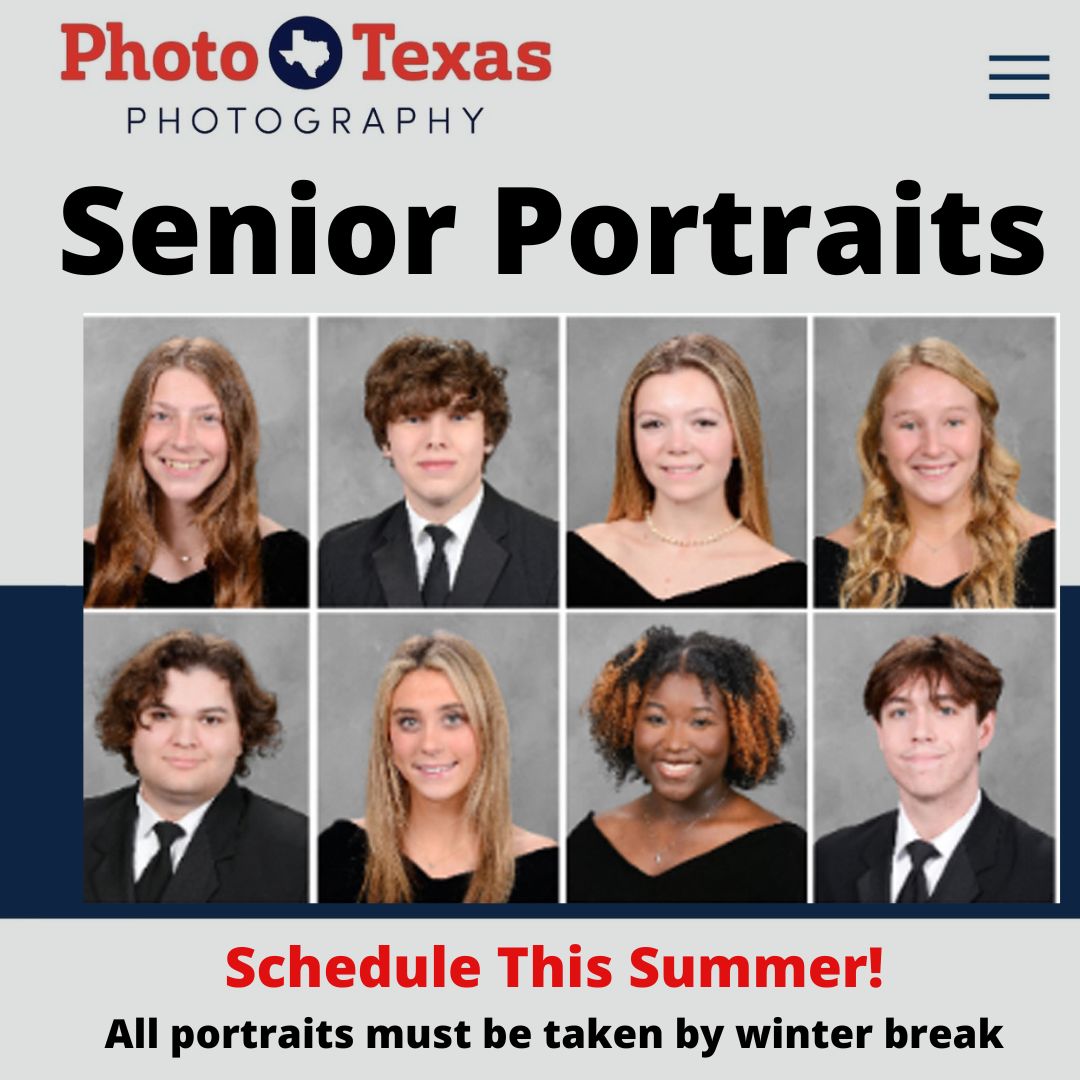LISD implements new computer filtering system
June 1, 2018
As of May 1, LISD has put into place Content Keeper, or CKMobile, a computer filtering system built for mobile devices that move in and out of the network using algorithms to classify websites into specific categories. The filtering program has been added to all LISD owned devices and continues when students and teachers are at home as well, to block websites like Facebook for example.
LISD follows regulations put into place by the Children’s Internet Protection Act (CIPA) due to receiving Federal E-Rate funding, or funding that provides discounts to schools to help increase internet connectivity. CIPA requires the district to have an internet policy and processes in place to ensure students are not able to access harmful materials. According to the LISD Acceptable Use Policy, all users shall be required to acknowledge receipt and understanding of all administrative regulations governing the use of the district’s technology resources and district’s right to monitor their use to ensure compliance with such regulations and guidelines.
“I was on my computer, sitting there and joking with friends, and I googled something along the lines of threatening my own life and saying I wanted to kill myself,” an anonymous senior said. “It was fictitious and it was a joke, but the system set in place for the school computers made it so I was called down to the office and asked to talk to people about my current life.”
According to Laurie Vondersaar, LISD Sr. Executive Director of Information Technology Services, there is the ability to have a keyword alert report if certain defined words are entered into the search history. These words are defined by LISD and range due to trending safety and security issues districts face. When these defined keywords are entered, the district receives a report that shows the word and the search term/strands used. If there is a concern, campuses will follow up with students.
“It’s a legal issue for them and they have to address the threat in case something dangerous was actually happening, so I got called down and had to talk to the counselors about it,” the anonymous senior continued. “They sort of called me down and asked me personal questions to see if I was okay and even brought up my parents’ divorce from seven years ago.”
The anonymous senior also spoke to their assistant principal the next day. They haven’t been called down since.
The LISD Acceptable Use Policy states that Leander ISD reserves the right to examine all data stored in all district computer systems or district issued Google Apps for Education Accounts as well as all network traffic that occurs on district networks to make sure that all users are in compliance with these regulations.
“When I said ‘help me’, I think they actually took that seriously. I mean obviously out of context it’s to be taken seriously, but I went down into the office and they asked me if I needed any help and asked me who Susan is,” the anonymous senior said. “Susan is just a part of the joke I was making, she’s my fake wife.”
James Watson, the school’s security administrator, stated that it is the district’s interpretation of the Children’s Internet Protection Act that filtering requirements on district “systems” makes no distinctions between systems inside the district network and those outside of it.
“I wasn’t in any trouble, but it was shocking when it happened,” the anonymous senior said. “I mean you can call it a breach of privacy, but I think I can understand where the school is coming from. It makes sense to me that they would have some keywords that are preselected to look out for any danger.”
The Acceptable Use Policy also states that LISD reserves the right to inspect, at any time, any personally owned device, and the network communications going to and from it, while connected to the LISD-WiFi and LISD-Guest Networks. Such monitoring may be conducted remotely, and without prior notification to the device owner. Any other inspection of any personally owned device is subject to the requirements set forth in the Student Code of Conduct. The district does reserve the right to inspect communication going to and from the district provided network.
“I typed it first period and I was called down fourth period,” the anonymous senior said. “The filtering is a double edged sword. The system is put in place to save students lives but at the same time there is that question of what can I google and what can’t I google. There’s censorship and privacy all involved, so you have to tread lightly. At least in my circumstance, I totally understand why they did it, just because it could have prevented a disaster. It’s just a little eerie.”
The LISD Acceptable Use Policy can be found by searching in google and LISD has a page for frequently asked questions about the computer filtering on their website.






